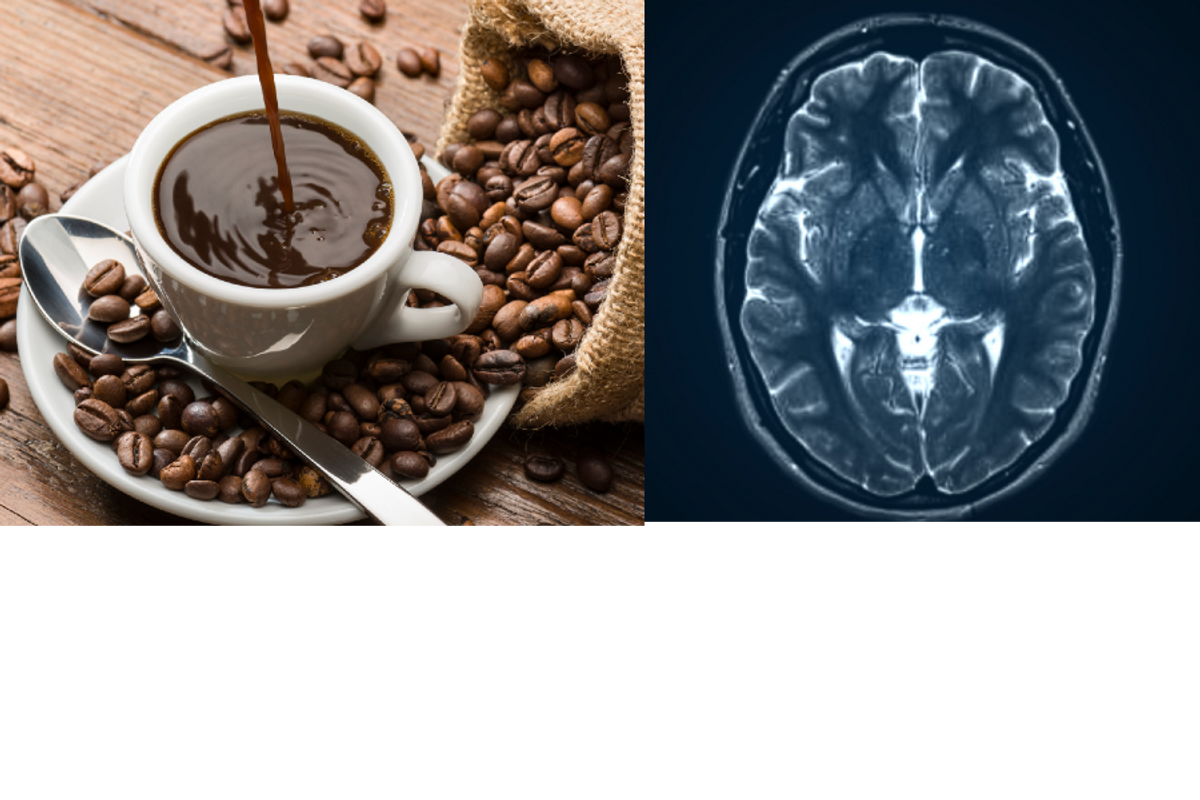Scientific study suggests black coffee reduces risk of Alzheimer’s and Parkinson’s disease
Great news for the caffeinated (and decaf drinkers, too)

Unsweetened coffee could reduce your risk of dementia.
Reach for that second cup. Recent research from The American Journal of Clinical Nutrition suggests that older folks that drink a higher intake of unsweetened black coffee reduce their risk of Parkinson’s disease, Alzheimer’s disease, and other forms of dementia.
The author of the study, Tingjing Zhang, wanted to see if there were any associations or correlations between neurodegenerative diseases and coffee consumption. Zhang’s team of researchers studied data acquired from UK Biobank, a giant database of biomedical information from individuals living in the United Kingdom. The group looked at the health, genetics, and lifestyle of 204,847 individuals aged 40 to 69, analyzing their food and beverage intake within a 24-hour period five different times during a calendar year.
Those who consumed at least one coffee beverage were considered coffee drinkers, and out of those coffee drinkers they were further classified as consumers of unsweetened coffee, consumers of sugar-sweetened coffee, and consumers of artificially sweetened coffee if they consistently had their coffee solely in one of those classifications. This was to see if there was any variation of health data within those sub-groups, too.
The results showed that those that drank unsweetened coffee had 29% to 30% lower risk of Alzheimer’s disease, Parkinson’s disease, and related dementia, along with a 43% lower risk of dying from those conditions compared to the non-coffee drinkers in the study. Those who drank unsweetened decaf had a 34% to 37% percent chance of lowering their risk of those afflictions along with a 47% lower risk of related mortality compared to non-coffee drinkers. Unfortunately for coffee drinkers that needed sugar or artificial sweeteners, there didn’t appear to be any reduced risk of those diseases or mortality regarding them.
While this appears to be great news for those who drink black coffee, it shouldn’t be taken as hard evidence of correlation, at least not until further studies confirm it. But coffee can be healthy for people aside from just these potential physical health benefits.

Coffee is good for our social health. According to Dr. Kirtly Parker Jones of the University of Utah, coffee is a social catalyst that brings us together in so many different environments and contexts. It’s a great way for coworkers to take a break together, or conversely a friendly method for bosses and employees to discuss issues with both guards down. Meeting up at a coffee shop is a great first date, catch-up with a friend, or introduction to a potential new business partner. Blue collar, white collar, any collar color tends to have coffee involved in their work life.
Coffee is good for our heart, too. Not just cardiovascularly, but spiritually. Humans are ritualistic and one ritual for many is the first cup of coffee of the day. It’s usually a quiet moment to reflect and get your mind ready with that first sip. It’s the pause before the action, or for some the ritual includes grinding the coffee beans and making the coffee themselves with a French press.

Further studies might disprove the data found regarding Alzheimer's or Parkinson’s disease, but even if that gets outright debunked, there are other reasons why coffee can be good for you. So unless your doctor tells you otherwise, have a cup of coffee with some friends, coworkers, or just by yourself. Just be careful about how much cream and sugar you add.






 Baby boomer grandparents.via
Baby boomer grandparents.via  A stressed mom with her head in her hands.via
A stressed mom with her head in her hands.via  A stressed mom doing laundry.via
A stressed mom doing laundry.via  season 7 episode 6 GIF
season 7 episode 6 GIF diane guerrero latina GIF by Identity
diane guerrero latina GIF by Identity Dexters Laboratory Type GIF
Dexters Laboratory Type GIF Traditional strawberry farming takes up a lot of land.
Traditional strawberry farming takes up a lot of land. Girl Illustration GIF by Valérie Boivin
Girl Illustration GIF by Valérie Boivin Jennifer Lopez Applause GIF by NBC World Of Dance
Jennifer Lopez Applause GIF by NBC World Of Dance